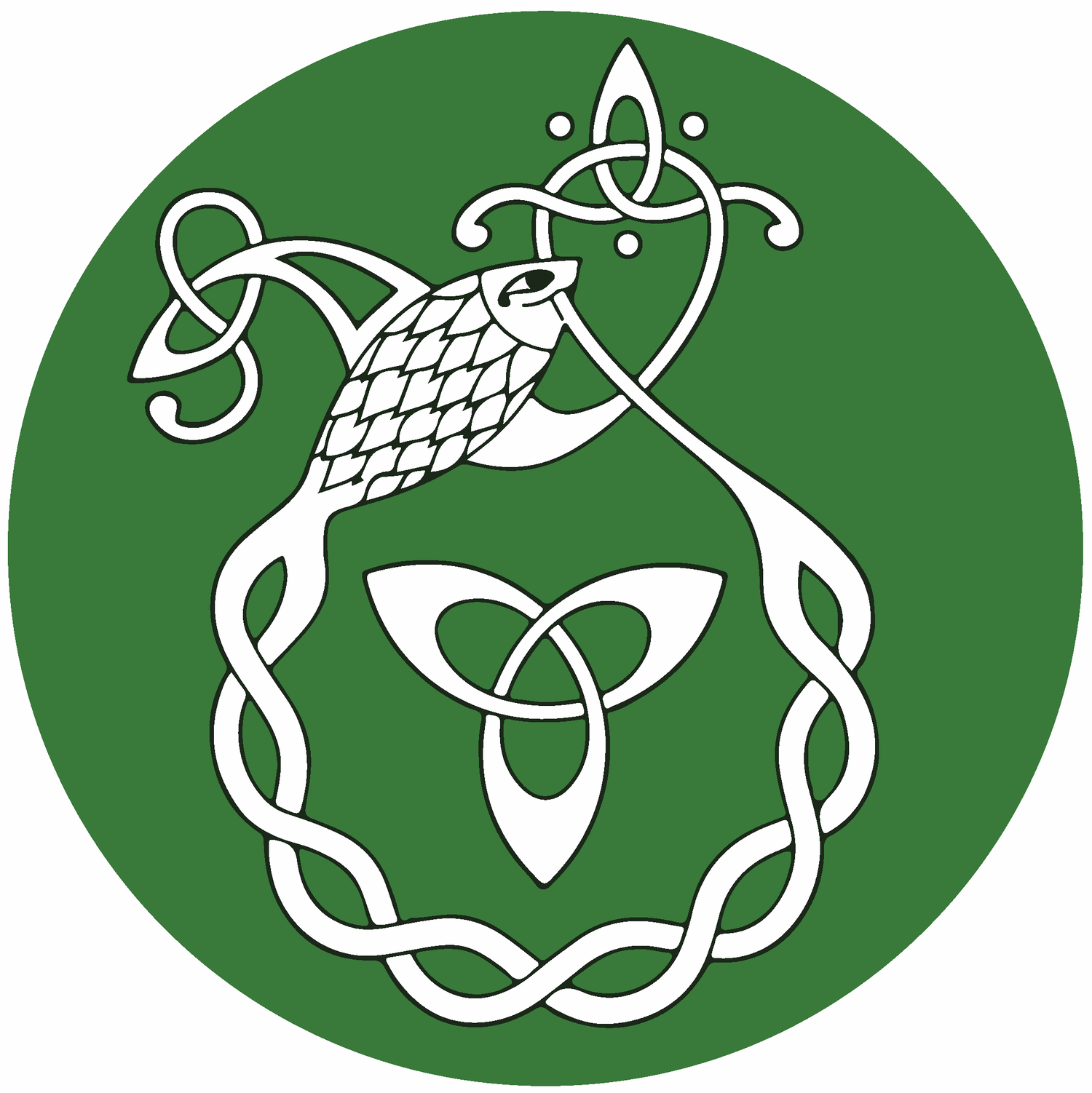Irish Literature (1852)
Tomás Ua Baíghell, composed in the Gatineau Valley, Québec
Part of a series of articles composed by Ua Baíghell and published in various American newspapers.
“If ever there was a great national object, deserving the attention, sympathies and substantial support of Irishmen, it is the preservation of the remains of their history and language. One of the richest historical and literary mines of Christian, and, I may also add, of Pagan Europe, remains still unexplored in Ireland.
The language has shared the fate of the country: the same ruthless and systematic policy that has crushed and desolated the one, has wrecked and almost extinguished the other. This circumstance alone should be deemed a sufficient title for our language to the veneration and affection of every Irishman.
A principle of literary curiosity, if not a love of Ireland, might have induced learned strangers, as it has already done in more than one instance, to rescue from destruction and investigate our antiquities; and why then should Irishmen, who yield to none in patriotism and taste, hesitate for a moment in the obvious duty they owe their language and literature? Science is the foundation of eminence in every department of literature; and he that would excel, or even escape the charge of ignorance, must study to make ornament and rhetoric subordinate to truth. The generality of Irishmen who touch on Irish history of any degree of antiquity, betray a total ignorance of them: instead of history in its severe, self-showing, irrefragable form, they usually give us a trite, inaccurate rhetorical flourish. Far be it from us to censure them on account of their ignorance of what they could not know ; but how will they shield themselves hereafter from the reproach of wilful ignorance of their history, if at present they refuse to sustain the literary societies that are struggling to open to them the fountains of knowledge?
A nation’s language is the living atmosphere that sustains and circulates its social tone and moral temperature; and the degree of elasticity that characterises it, is a fair standard wherewith to measure the national mind: the peculiar mould and disposition of a people are fully developed in the genius of the language. In order, then, clearly to appreciate the institutions, habits, and social condition of a people, we must view them in their native colors, through the medium of their atmosphere, and in connexion with the objects that surround and diversify the scene.
The Irish language has many attractions for the Irishman beyond the simple bounds of historical truth: in it are recorded the achievements, the virtues, the sufferings, the wisdom, the pithy proverbs of his ancestors. And should not these relics be his mental talisman, his familiar monitors, his household words to encourage, to cheer and sustain him in the rugged pilgrimage, that seems to be his peculiar destiny in this life. The labor of acquiring it, would be amply compensated, by the pleasure it would afterwards afford.
The Celtic, of which the Irish is the most important idiom, is allowed by the learned of Europe, to be among the most capacious, expressive, and harmonious of the IndoEuropean languages. We hardly need refer to those respectable authorities: they are unnecessary to the candid critic, and, indeed, to the man of taste generally; for there are still living, surviving every persecution, ancient, yet eloquent witnesses of the beauty and harmonious perception of Erin’s Gaeilig, in those Angel Spirits of song that animated our lyric poetry in those inimitable Melodies, a piece of which the immortal Moore has so successfully insinuated into the feelings of their stiff mistress, as to make her, as the bard himself would say,
“ Pause at the song of her captive, and weep."
Let us, then, Irishmen in America, rally round the shrine of our country’s literature, and rescue it from the ruin that threatens to destroy it forever, and therewith extinguish every authentic vestige of Erin’s ancient glory. Celtic Institutes should be established on a comprehensive and permanent basis in our leading cities, where amateurs might study our language, history and poetry, and cultivate the unrivalled music of the Cláirseach. Every effort should be made to make these societies as extensively known as possible. Circulars to that effect should be addressed by local committees to every educated Irishman in America, soliciting their aid and co-operation in the important national work.
By a combined and generous effort we will be able to raise ample funds to encourage and sustain our literary laborers at home. I have already the subscriptions of three individuals, which I will forward to Archaeologus, as soon as his societies are announced as organised; and many others, I am confident, will follow their example.
I am, sir, your humble servant,
Eireadh Go Brath.”
For citation, please use: Ua Baíghell, Tomás. 1852. “Irish Literature.” Ó Dubhghaill, Dónall. 2024. Na Gaeil san Áit Ró-Fhuar. Gaeltacht an Oileáin Úir: www.gaeilge.ca
Adapted from: Ua Baíghell, Tomás. 1852. “Irish Literature.” The Boston Pilot. 12 Nov. Boston.
